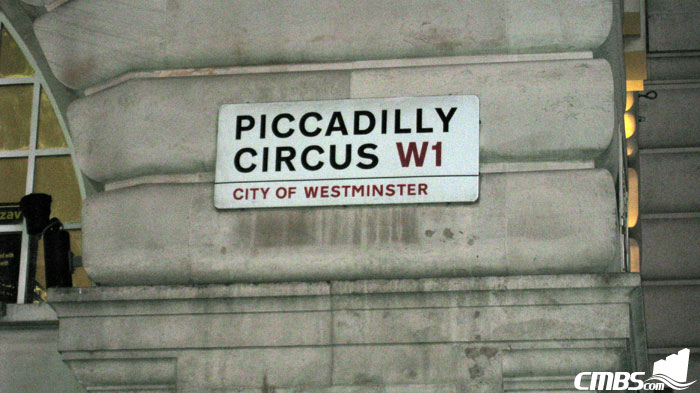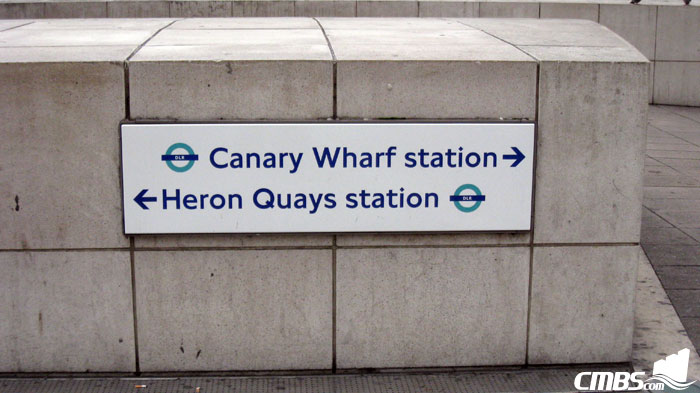On Wednesday morning, my “happy” post-election emotion was replaced with a toxic combination of hangover and jet lag. I hit snooze a bunch of times and finally made it over to the conference for the afternoon sessions.
The takeaway was not all negative. A few buyers felt pretty good about recent trades buying AAA European CMBS for 60 cents on the dollar, driving yields up to 12% or so. But there have been only a few forced sales to date, and volume is very low.
That led to an interesting panel among special / master servicers, senior bond investors, junior bond investors and lawyers about the timing of enforcing non monetary loan defaults, the fiduciary responsibilities of the servicers to maintain a “servicing standard” and the potential liability created when folks in different parts of the cap stack want different strategies.
| An example:
If a borrower breached a Loan-to-Value covenant but was still paying on the debt, should the loan be called for default and the special servicer take an enforcement action and foreclose / sell the asset? Or, since the borrower is still paying, should the servicer waive the LTV default, maybe put in a cash sweep or some other modification, but hold off on foreclosure on the hope things get better in the next year or two. Well, if you are the senior note holder and you think things are going to get worse over the next few years, you would rather the servicer foreclose on the property immediately and get you paid back. Your thinking is, since you own the top of the capital stack (say 0 – 70% of the debt stack), even at today’s depressed process, you should get most of your money back, and you do not want to risk further deterioration in values. The problem is the junior bond holder (who owns say 70% – 90% of the capital stack) does not want the servicer to sell now. If the asset was foreclosed and sold today, his position would definitely be wiped out. So he would rather sit tight, keep collecting payments as long as possible, and keep his fingers crossed that values recover and things turn out OK. Who does the servicer listen to? What happens if the servicer also owns either the senior or junior piece? How is this conflict of interest addressed? They were referencing a “Servicing Standard” to dictate the decisions, but it sounds to me that the only people that win in this scenario are the lawyers. … |
While the debate among the servicers and investors was definitely interesting, other main themes included:
- The mood was mostly (but not entirely) negative.
- The primary CMBS market in Europe is shut down with virtually no new issuance.
- The secondary market was also shut down with the exceptions of a few forced sales at around 60 cents on the dollar.
- Sellers are only selling if they have to, because they believe government asset purchase programs might pay above market for assets in the not too distant future.
- Cap Rates are believed to be rising and commercial real estate values falling, with some predicting stabilization as early as 2009, while others are predicting 2011/2012 and beyond.
- Standards and Transparency will be harder to achieve in Europe because of privacy concerns.
I did have meetings with a major bank and rating agency to push the adoption of Backshop as an underwriting standard. I also spoke to the leadership of the CMSA about the importance of standardized underwriting and trying to make that part of any TARP / Bailout program for CMBS.
So, definitely worth the trip. Being oversees for the election was way cool.
 |
 |
 |
 |
— — —
Jim Flaherty is CEO of CMBS.com and the creator of the Backshop loan origination system. He is a trained credit professional with experience installing enterprise underwriting systems for commercial real estate lenders, rating agencies and investors.
